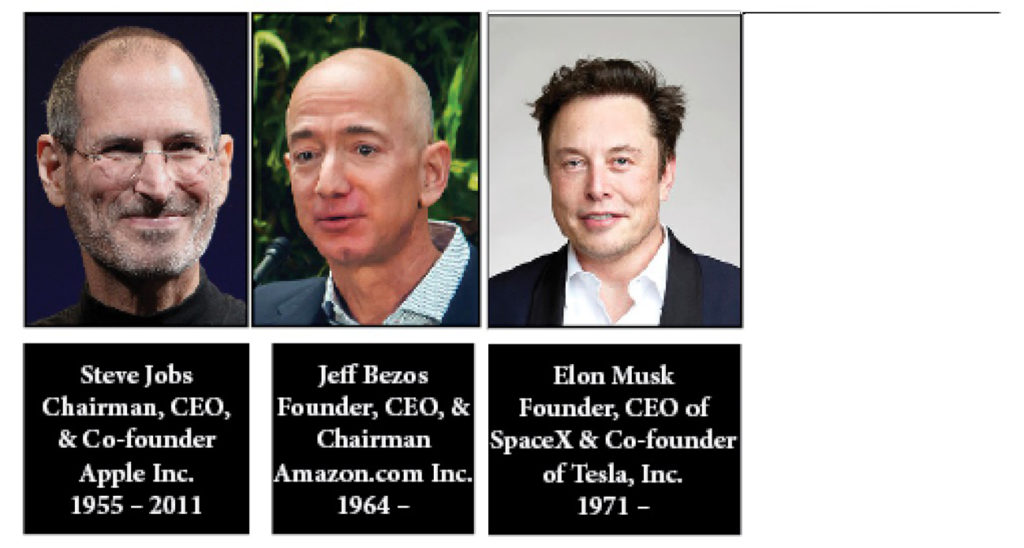
If we look at the ten wealthiest people in the world, they see people of very high IQ. Steve Jobs (founder of Apple, Inc.) and Jeff Bezos (founder of Amazon.com) were a gifted students. Bill Gates had almost a perfect score on his SATs and Elon Musk has an extremely high IQ. While there is a positive correlation between IQ and income, research reveals that the correlation coefficient is much less than 1. (See https://emilkirkegaard.dk/en/wp-content/uploads/Intelligence-and-socioeconomic-success-A-meta-analytic-review-of-longitudinal-research.pdf )
This means that high intelligence is neither a necessary nor a sufficient condition for socioeconomic success. If the relationship between intelligence and socioeconomic success were strictly causal, anyone with a higher IQ would earn a greater salary than someone of lower IQ. However, there are many university professors of very high IQ, whose salaries are only a fraction of those earned by corporate executives with lower IQ scores. Then, if not IQ, what are the major factors that correlate more strongly with salary?
In their book The Millionaire Mind, published in 2000, Dr. Thomas J. Stanley wrote:
Far too many of us believe that success is predetermined, a direct result of genetics, and that successful people just have higher IQs than those who are “less successful.” So what if you receive all As in school and near-perfect SATs? So what if your IQ is in the ozone layer of the intelligence scale? Will the factors assure you of a place among the ranks of America’s millionaires?” It’s doubtful if you don’t get along with people. … The large sample of millionaires surveyed were asked about the importance of intellect in explaining their economic success. Only 20% felt that “having a high IQ or superior intellect” was very important, while 56% felt that getting along with people was very important.
It would seem that success in business, and hence salary, is more strongly correlated with what are called “people skills”–often described as “emotional IQ” However, in jobs in the natural sciences, artificial intelligence, and large investment firms, there is a stronger correlation between IQ and salary. In 1993, Forbes journalist Richard Karlgaard, in a conversation with Bill Gates asked, “What Microsoft competitor worries you most?” Without hesitation, Gates responded, “Goldman Sachs.”
When Karlgaard responded with surprise that Gates named an investment banking company rather than a computer company, Gates clarified:
Software is an IQ business. Microsoft must win the IQ war, or we won’t have a future. I don’t worry about Lotus or IBM, because the smartest guys would rather come to work for Microsoft. Our competitors for IQ are investment banks such as Goldman Sachs and Morgan Stanley.
Indeed, the competition for the best and brightest is a war fiercely waged by the best companies in the hi-tech fields, because these infoliterate cognoscenti are the only people capable of pushing innovation to new heights. In 2005, a dozen years after his conversation with Bill Gates, Karlgaard reported:
I spent five days traveling the country with Gates, and he must have talked about IQ a hundred times. Getting the brightest bulbs to work at Microsoft has always been his obsession. It’s paid off. Microsoft does close to $40 billion in sales and has some 60,000 employees. That’s a whopping $650,000-plus of revenue per employee, topping IBM’s sales per employee twofold.
The “take home” message is that a high intelligence sets the stage for entering into a profession that pays a high income, but many of high IQ, for a variety of reasons, such as those presented above, do not generate a high income.
